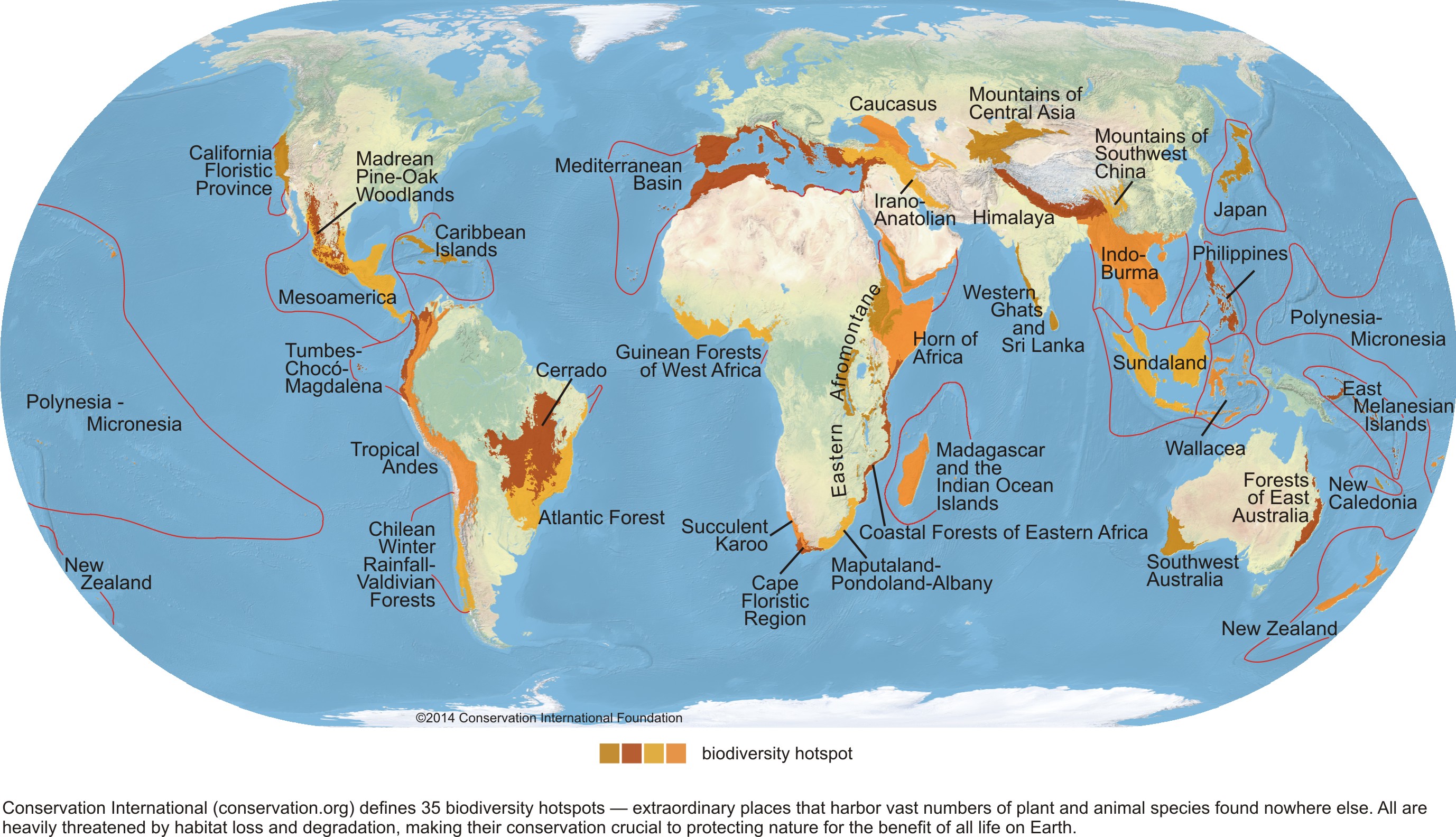7667766266
enquiry@shankarias.in
Bio Diversity Hotspot

SWAYATT
Tele-Law and Nyaya Bandhu
Operation Digital Board (ODB)
Graveyard Orbits
All India Citizens Survey of Police Services
Source: PIB, The Hindu